List of National Holidays in the Philippines 2023
Did you know that Filipinos enjoy two types of holidays in the Philippines? Regular non-working and special non-working days are celebrated each year to commemorate significant people’s contribution to the country. It is also a reminder of the archipelago’s important religious and historical events.
The nationwide public holidays vary year by year. In 2023, some regular holidays are made into special working days. This is to support the country’s economic recovery during the post-pandemic era.
If you want to know more about the national holidays in 2023, feel free to check out this link.
Who Mandates the National Holidays of the Philippines?
The administrative leaders of cities and provinces can declare localized holidays in times of disasters. Meanwhile, it is the President of the Philippines who mandates the national holidays, and changes non-working holidays and special working days.
Under the Duterte administration, employees were required to work on holidays to recover the lost time due to COVID-19 lockdowns. But, the current Philippine president Bong Bong Marcos (PBBM) observes holiday economics (also known as holiday manipulation).
This is why special and regular holidays were moved to the nearest Monday to allow long weekends. At this point, you might be asking what’s good about holiday economics . Here’s the catch. Long weekends allow employees to unwind and take a break from work, which can improve their mental health and work-life balance.
Being known for strong family ties, Filipinos can benefit from long weekends. Those people working away from their hometowns can visit their families in the province to share some of their favorite past-times and activities together.
To give way to longer weekends, President Ferdinand “BongBong” Marcos Jr. (BBM) adjusted holidays for 2023. He believes that holiday economics can help boost tourism and domestic travels in the Philippines.
How Important is a Public Holiday for Filipinos?
For most Filipinos, a public holiday is an opportunity to spend time with their loved ones. This is why most known tourist destinations in the country are full and busy during long weekends and non-working holidays.
For private sector employees who are under “No Work, No Pay Policy”, it is also a chance to earn more. During regular holidays, reporting to duty could earn them 200% of their daily salary, while those who did not render services still receive a full (or 100%) daily pay. Moreover, working on a special non-working holiday earns them a 30% top up daily pay.
You may browse our most popular Philippines destinations post to have an idea of where to spend your vacation in the Philippines.
List of National Holidays in the Philippines
Since July 2007, holiday economics or “holiday manipulation” was made part of the major economic policies of the Philippines. Since The country is enjoying long weekends as regular and non-working holidays are celebrated on the nearest Monday.
Anchored on this law, President Ferdinand Marcos Jr. (PBBM) specified the date of movable holidays through a presidential proclamation. PBBM made sure that such an announcement was made 6 months before the celebration date of the holiday under modification.
The following are the regular holidays for 2023:
January 1- New Year’s Day
April 6 - Maundy Thursday
April 7 - Good Friday
April 9 - Araw ng Kagitingan (Day of Valor)
May 1 - Labor Day
June 12 - Independence Day
August 28 (last Monday of August) - National Heroes’ Day
November 30 - Bonifacio Day
December 25 - Christmas Day
December 30 - Rizal Day
The Special Non-Working holidays are listed below.
February 25 - EDSA People Power Revolution Anniversary
April 8 - Black Saturday
August 21 - Ninoy Aquino Day
November 1 - All Saints’ Day
November 2 - Additional Special (Non-working) Day
December 8 - Feast of the Immaculate Conception of Mary
December 31 - Christmas Eve; Last Day of the Year
How are Public Holidays Observed in the Philippines?
Since all government offices and most private establishments are closed on public holidays, Filipinos have a unique way of celebrating the non-working days. You’ll see many locals sharing good times with their families in shopping malls, theaters, restaurants, and entertainment centers.
Meanwhile, those people working in business and tourism-related institutions report to work and adjust their operating hours to accommodate possible high volume of tourist visits on holidays.
-
What are the Most Important Holidays for the Filipinos?
Christmas and New Year are holidays that occur exactly one week apart. For Filipinos, these are two of the most important days in a year. In fact, local shops such as markets and malls close earlier the night before Christmas and New Year. This allows employees to prepare for the media noche or noche buena (a Spanish term which means midnight meal or feast). This symbolizes hope for a bountiful New Year.
It is also essential to know that from December to January, tourism in the Philippines is at its peak. Aside from the two long weekends, the country’s coolest season falls during these months. Such a relaxing temperature attracts many local and foreign visitors to the country’s popular travel destinations at this time of the year.
Now, you might be wondering why balikbayans (returning Filipinos working abroad) go home during the holiday season. Covering over 80 percent of the population in the Philippines, Roman Catholics believe that Christmas Day is best spent with the ones they love.With family at the core of Filipino culture and values, balikbayans choose to celebrate Christmas and New Year’s Day with their families.
-
What are the Most Religious Holidays in the Philippines?
When it comes to religious holidays in the Philippines, Holy Week is a top-lister. For many Roman Catholics, it is the most meaningful religious event because it commemorates Jesus Christ's death and resurrection. Though, the celebration date varies each year; but typically, it falls in late March or early April.
As a week-long celebration, the Holy Week begins on Palm Sunday and ends on Easter Sunday. These days, many establishments observe an earlier closing time or later opening schedule.
Seeing a number of closed offices and business establishments on a Maundy Thursday and Good Friday is normal. It allows locals to spend these religious holidays solemnly with their families back home.
Learn more here about how Filipino culture evolves.
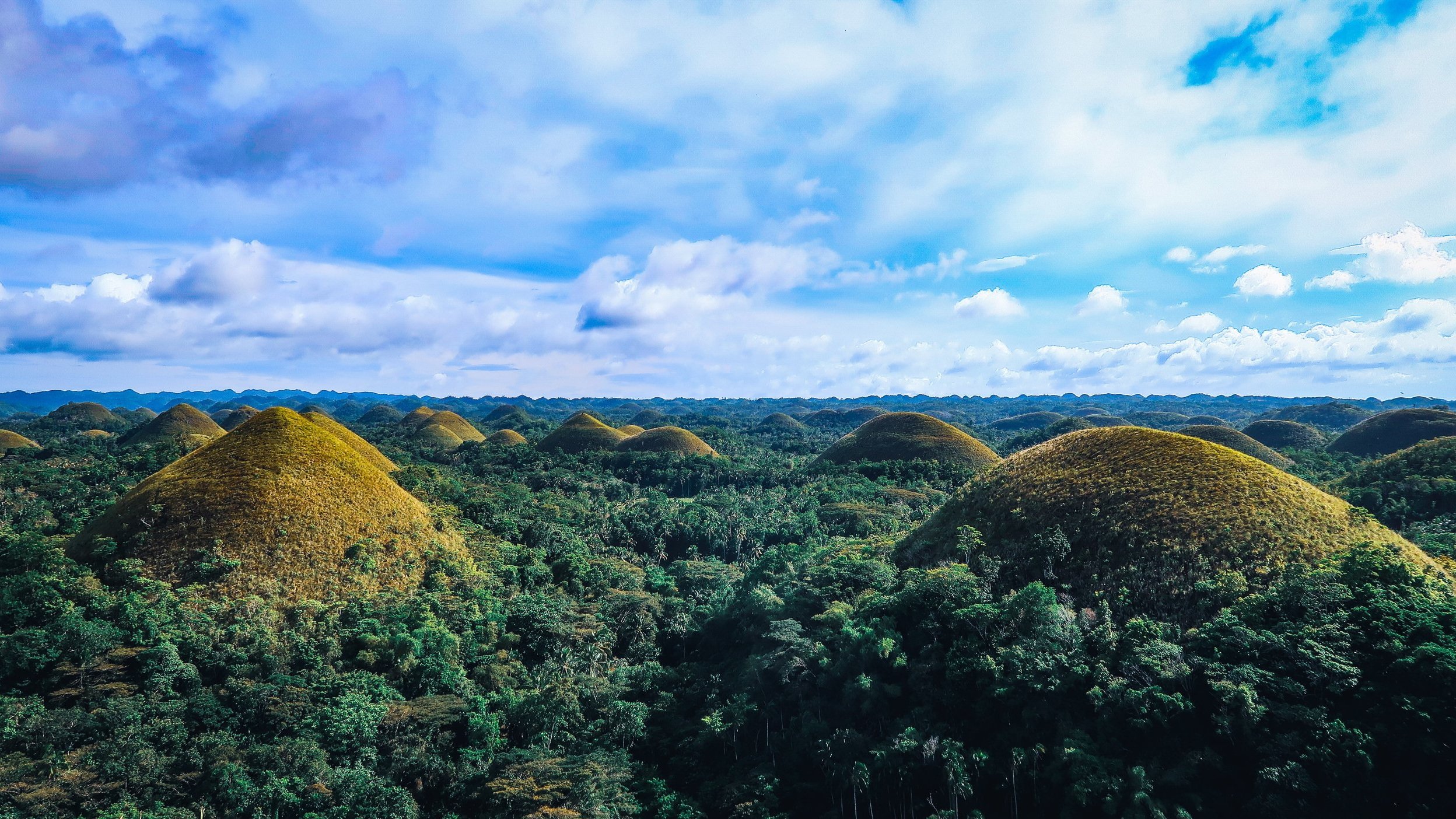
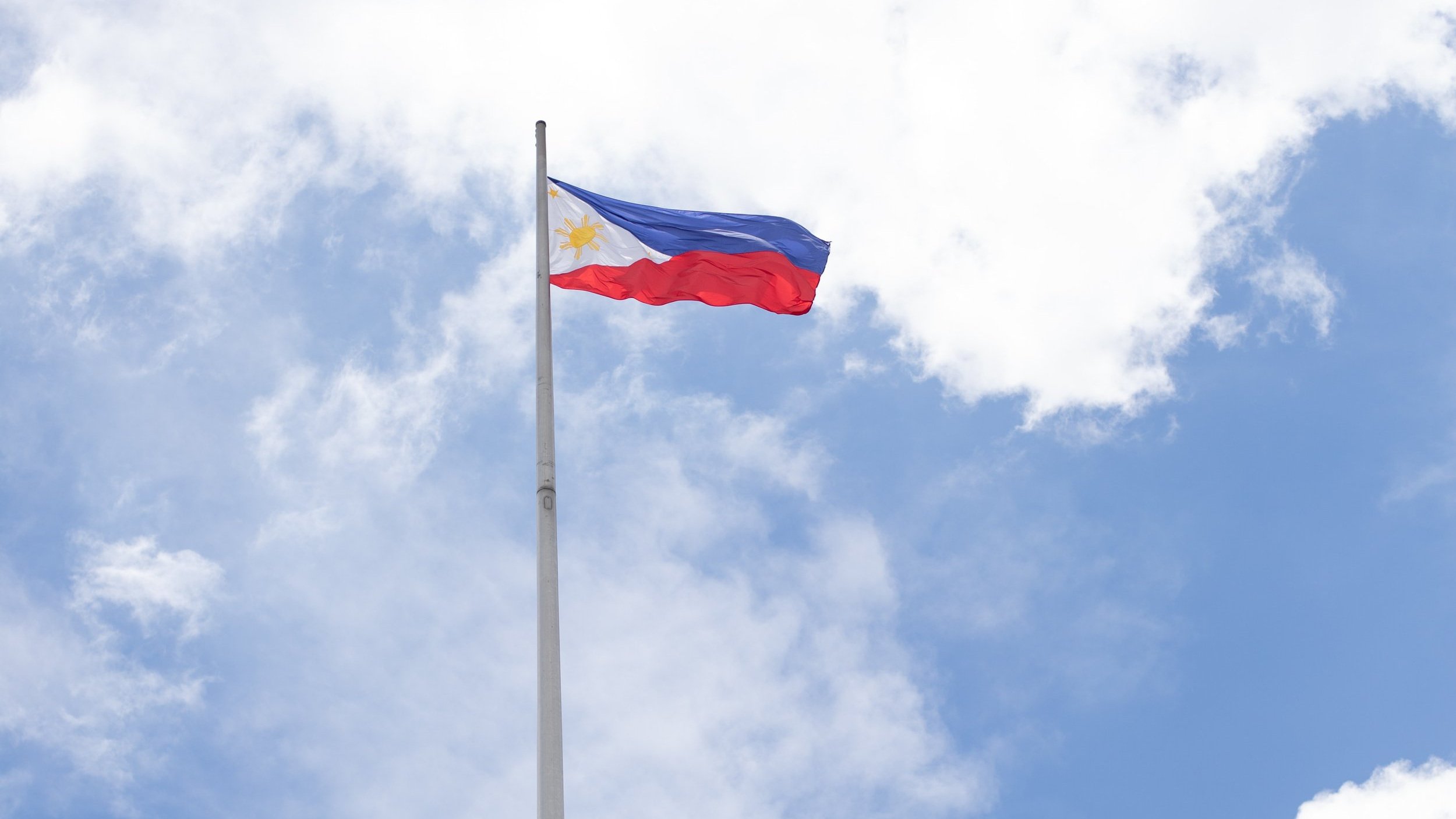
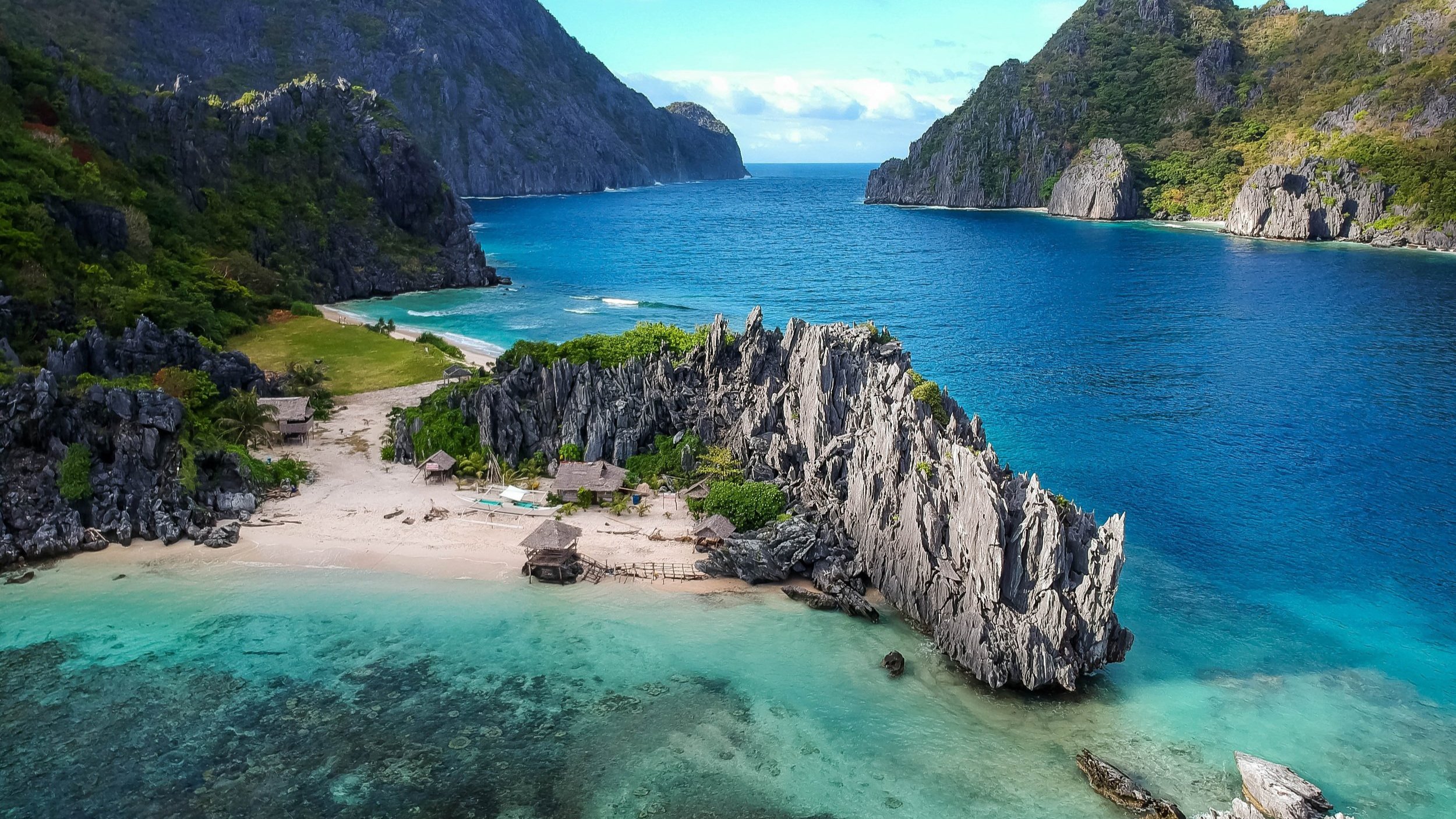
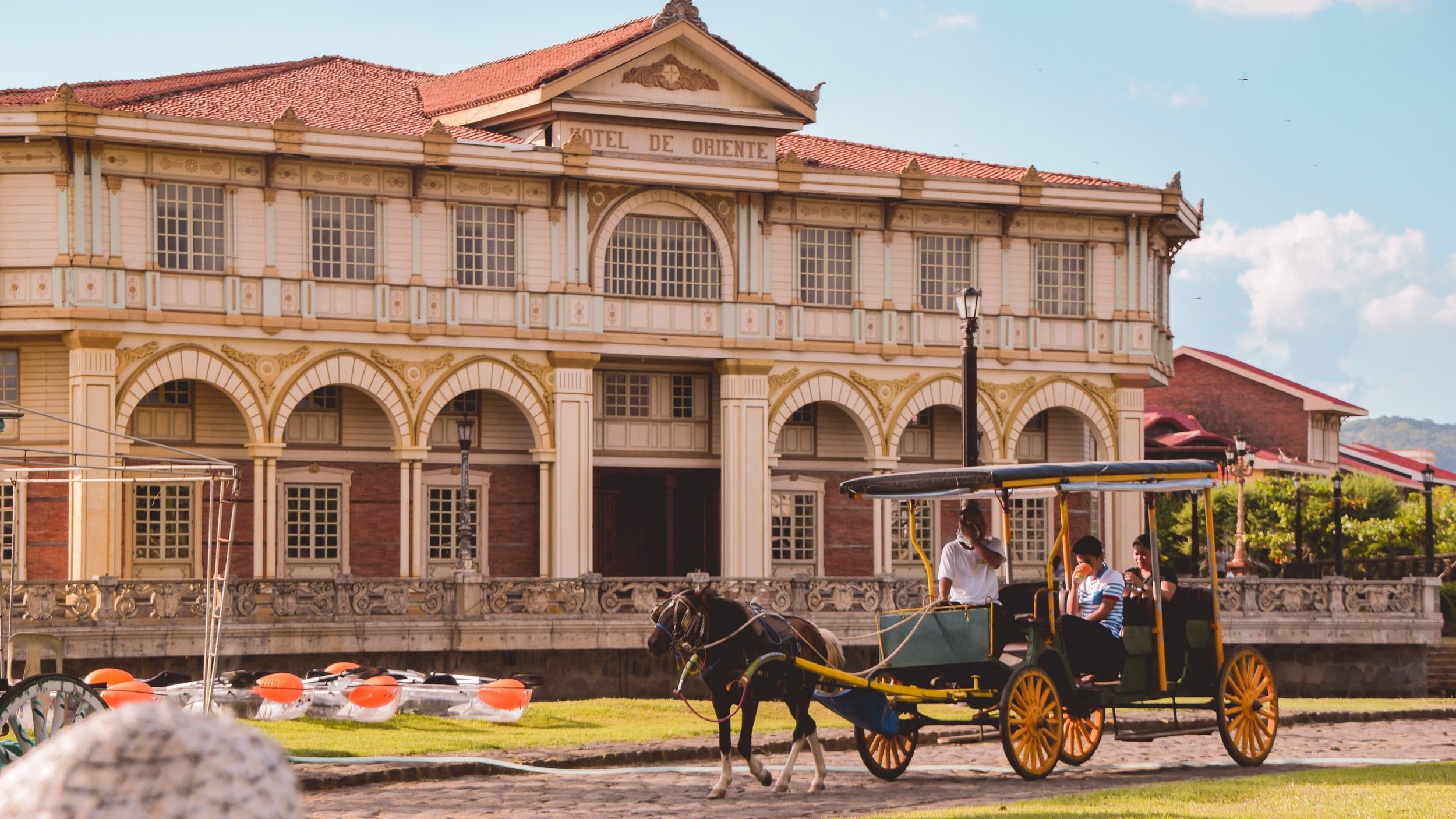
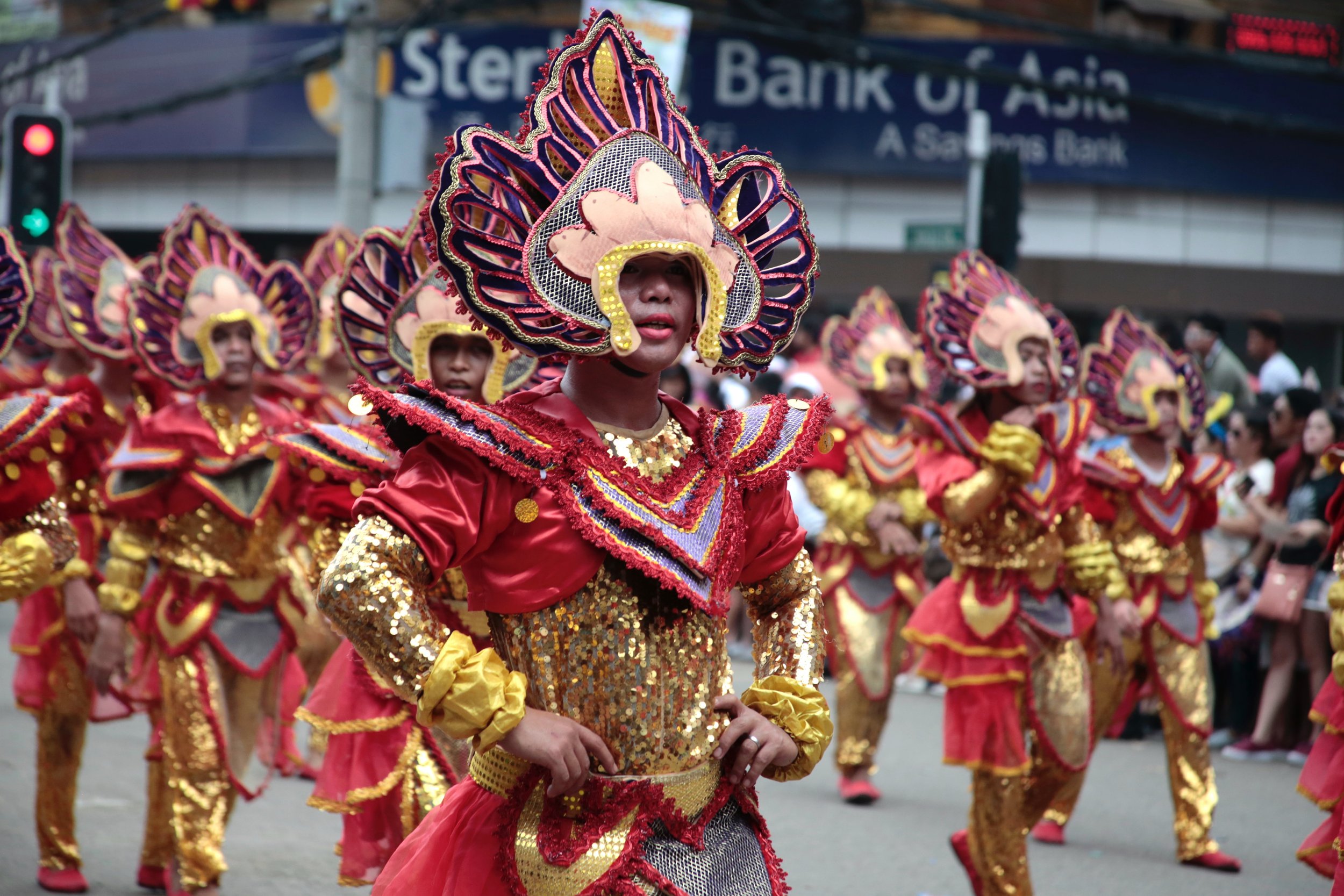
How to Get Around the Philippines During Public Holidays?
If you look forward to paying a visit to the country’s famous tourist destinations during these public days, get ready for traffic congestion and a huge crowd ahead of you. Getting around the country on these non-working days can be overwhelming
But, here’s a catch. Book a ride ahead of time, so you’ll have a more comfortable trip. Just like accommodations in the Philippines, local public transportation like airlines, buses, and ferries can also get fully booked on a peak season.
How Busy Major City Streets Are During Public Holidays?
During special seasons, the traffic in Metro Manila and other bigger cities in the Philippines is usually light. Most residents are on vacation, while some simply stay at home.
But, expect a bumper-to-bumper ride the day before the start of the long weekend. Streets can also get very busy on the last day of the holidays. Despite all these, you’ll surely enjoy the experience of sharing the beautiful view of the popular travel destinations with the locals on these days.
The Christmas season has a totally different scene. Known as the busiest time of the year, the traffic in Metro Manila, Cebu, Baguio, and other major cities in the Philippines is heavy. It is because most people go around malls and shopping centers to buy presents. Locally called “Pasko” (Christmas), Filipinos usually attend religious gatherings, visit their friends and families in the province, and go on family outings.
Where Does the Philippines Base Its Public Holidays?
Public holidays in the Philippines are determined by the laws made by the Congress, and the executive authority of the current president. These holidays are anchored on the different religious, historical, and cultural activities of people all throughout the archipelago.
Moreover, the local chief executives such as mayors (in cities) and governors (in provinces) can declare localized holidays. This is to ensure people’s safety during disasters and emergencies.
You might have noticed that the date of some holidays changes yearly. So, make sure to have up-to-date information about it before you make any plans to fly to the Philippines.
With the right facts on the best time to travel in the Philippines, you will have the best experience exploring this amazing country.
SUMMARY: List of National Holidays in the Philippines 2023
Besides that, many locals are likely to travel during these days. So, it is recommended to book your activities, tours, and accommodations ahead of time.
Living with the locals is another way of getting the most out of your trip to the country during holiday seasons. Not everybody gets the chance to learn how Filipinos celebrate holidays. So, why not grab the opportunity to know them better?
For foreign guests, knowing how to speak some of the basic and useful Filipino words & phrases can make your stay in the country more remarkable and enjoyable.
Looking forward to travel? Check out our calendar as you plan your next trip. It pays to know what to expect during your stay in the country. .










